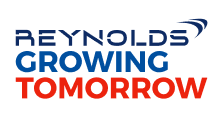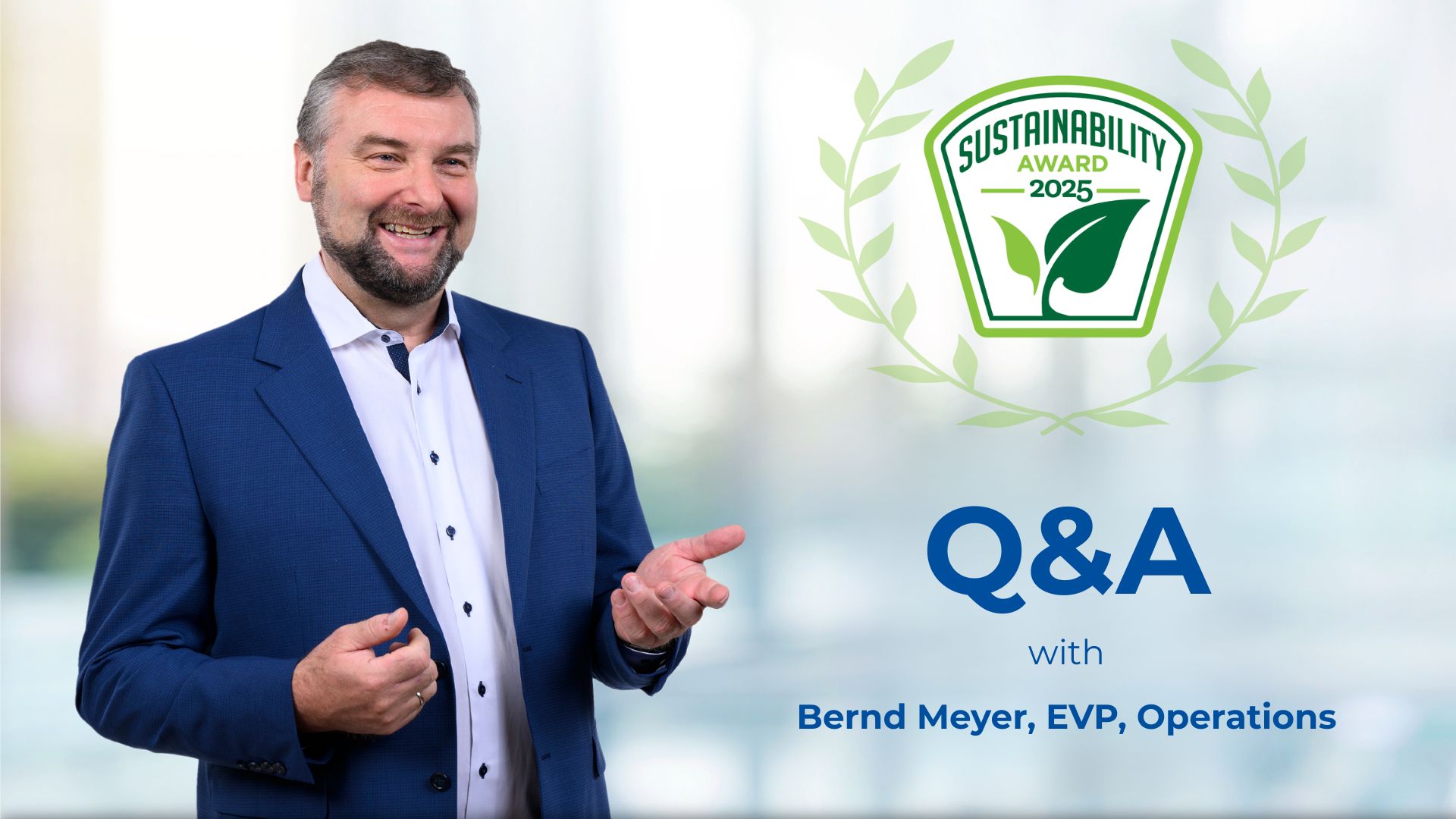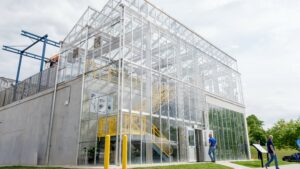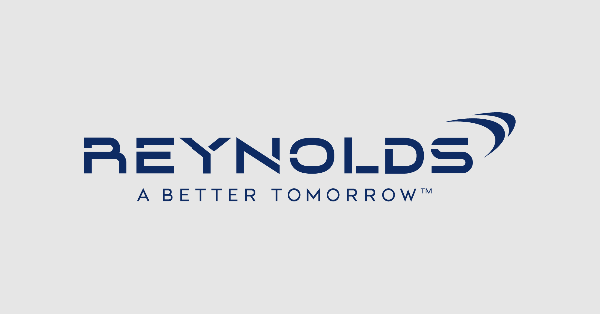Reynolds American Inc. is pleased to share that Bernd Meyer, EVP, Operations, has been named a winner of the 2025 Sustainability Awards presented by Business Intelligence Group. Bernd was recognized in the Sustainability Hero – Executive category for his outstanding work in advancing environmental and social impact while delivering measurable business results across the Reynolds American organization (Reynolds).
The Sustainability Awards honor companies, products, projects, and individuals proving that purpose-driven strategy can fuel growth. Winners are selected by a panel of business-leader judges who evaluate performance, innovation, and quantifiable outcomes.
Bernd was recognized for his leadership in opening the Reynolds WaterHub, championing employee-driven biodiversity initiatives, reducing total waste generated, optimizing the recycling of materials, and cutting direct emissions across operations, making a measurable impact both locally and globally.
To give an inside look at how the Operations team is leading in sustainability, we caught up with Bernd. In this Q&A, he shares key insights on sustainability solutions and initiatives underway at Reynolds:
Q: What are some of the key sustainability challenges you have sought to improve at the Reynolds Operations Center?
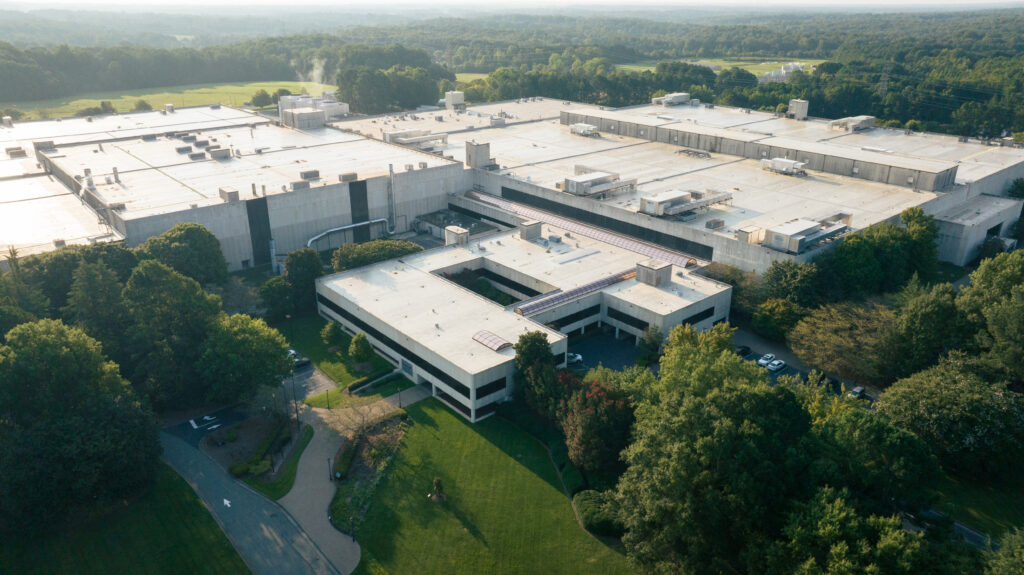
A: The Reynolds Operations Center (ROC), located in Forsyth County, North Carolina, is the largest factory within the global BAT Group, encompassing an impressive two million square feet for multi-category finished goods production on a nearly 615-acre campus. The significant size and scope of the campus amplify its environmental presence while presenting numerous challenges and opportunities.
One of the largest, most pressing challenges my team and I have tackled is water usage. The ROC is located in a water-stressed area and uses approximately 100 million gallons of water annually to support operations. With the implementation of the Reynolds WaterHub, we expect to recover 60 million gallons of water annually, reducing freshwater consumption from the grid while simultaneously increasing the amount of water recycled.
On our site, we are proactively addressing biodiversity and environmental degradation concerns to promote and support the conservation of native species.
We are also continuously looking for new ways to effectively segregate and responsibly dispose of waste at the ROC.
Additionally, we are confronting the challenge of greenhouse gas emissions from manufacturing and logistics with several large-scale and targeted initiatives like converting our fleet to EV or hybrid vehicles, introducing multi-modal logistics, e.g. moving more transport lanes to railway.
Q: Can you tell us about the Reynolds WaterHub and what makes it a unique approach to reducing water withdrawn?
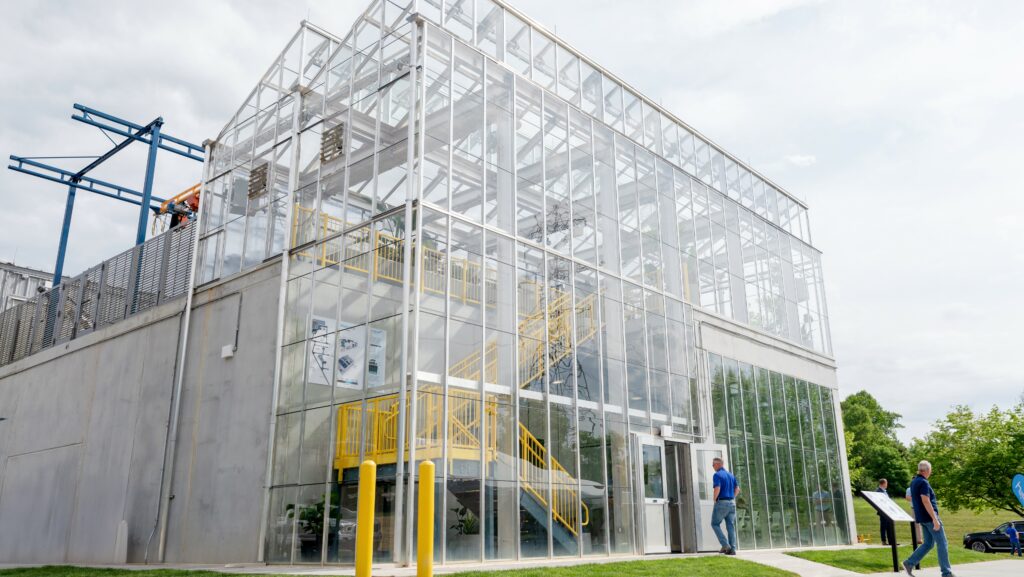
A: When it came to reducing the amount of water withdrawn, Reynolds partnered with H2O Innovation to construct a state-of-the-art on-site water recycling facility, the Reynolds WaterHub, that has enabled the ROC to drastically reduce dependence on potable water and conserve water in Forsyth County.
One of a few water recycling projects of its scale, the WaterHub is designed to capture a combined wastewater stream from the plant, treat it to North Carolina reclaim water standards, and then reintroduce it for factory utilities, ultimately reducing the use of valuable drinking water. The WaterHub serves as a pilot project in the U.S.
The Reynolds WaterHub, which opened in April 2025, is an advanced water recycling facility and product of H2O Innovation, projected to reclaim more than 60 million gallons of water a year. With the WaterHub now operational, Reynolds expects to reduce water withdrawn at the ROC by more than 40%, which in turn is anticipated to reduce water withdrawn across the entire global BAT Group by approximately 6%, contributing to the global BAT Group’s goal of reducing water withdrawn by 35% across global operations by the end of 2025. All that to say, this initiative is on track to hit the target both locally in the U.S. and globally across the BAT Group.
Q: How have you supported employee-driven projects when it comes to biodiversity?
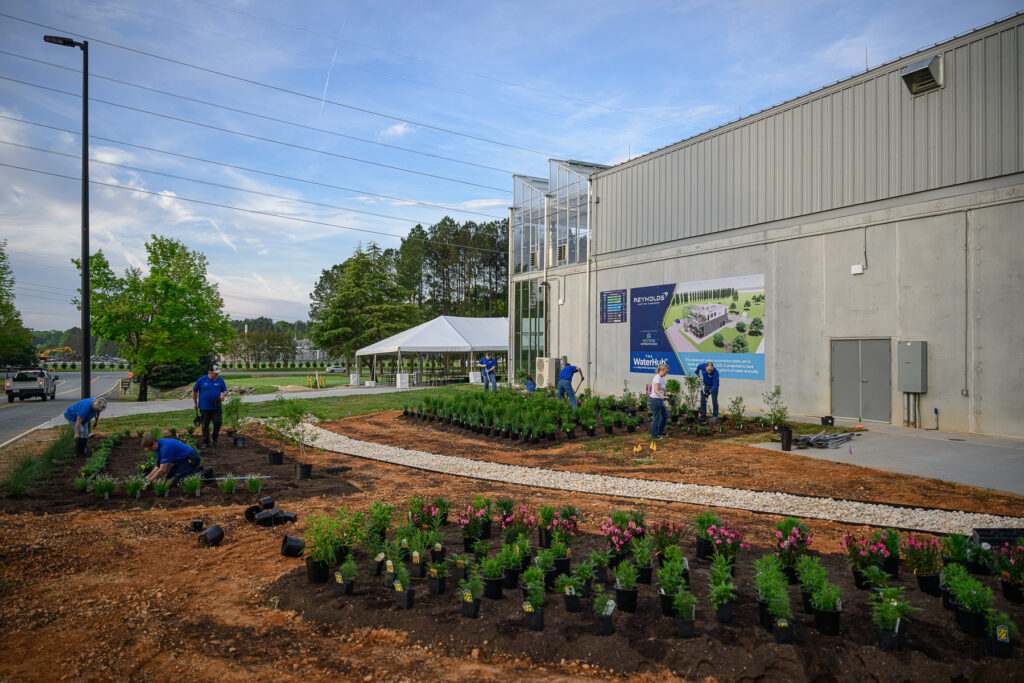
A: Supporting and building on employees’ ideas, Reynolds sponsored the planting of pollinator gardens and the installation of sustainable technologies at the Reynolds WaterHub site. The latest pollinator garden came to life when a group of employee volunteers planted 20+ species and over 400 native seedlings on-site in a bed designed by an employee ecologist to attract native pollinators, insects, and birds.
The garden is part of a two-year biodiversity plan that will include drone and acoustic monitoring, native meadow rehabilitation, native tree planting, bat house installations, and on-site industrial composting. We are also supporting tree planting projects together with our local leaf team with our farmer community.
Q: Can you share recent progress or initiatives the organization has made in waste reduction and recycling?
A: From construction waste to manufacturing waste, our Operations team is optimizing the recycling of materials and reducing waste to landfill.
Last year, the organization increased its recycling rate of total waste generated to 84%, reduced its total percentage of waste generated by 41%, and sent only 1.4% of waste from direct operations to the landfill.
We continue to invest time and resources into initiatives to advance circularity. Recently, we installed an aerobic digestor for composting organic materials at the ROC and continue to map waste streams for future waste diversion improvements.
Q: What are some examples of sustainable initiatives the organization has adopted to reduce emissions?
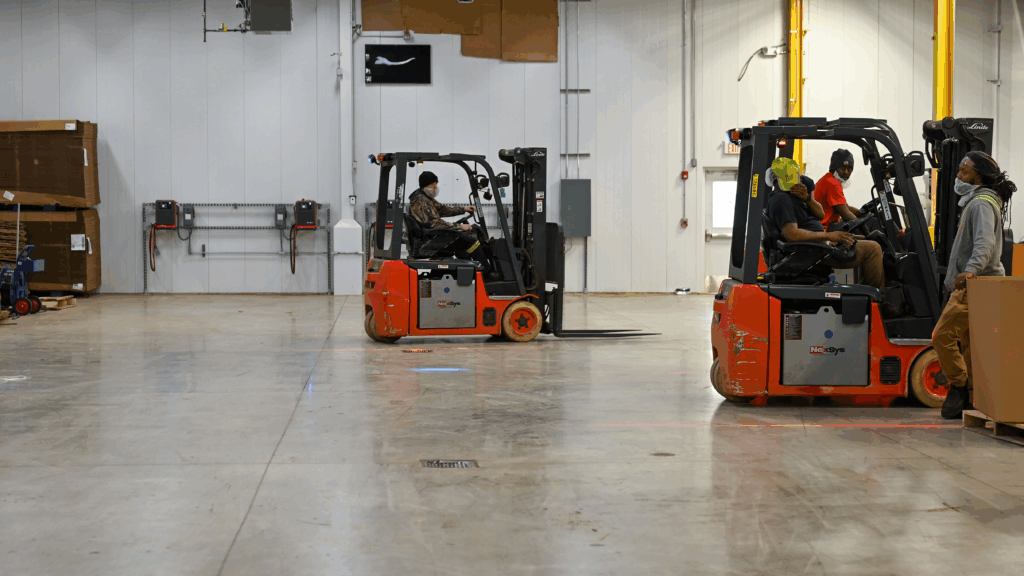
A: We have seen a 46% reduction in Scope 1 & 2 (direct) emissions compared to the 2020 baseline and are well on track to achieve our 50% reduction target by 2030. Besides all the quick wins, like LED lighting for all facilities and increasing efficiencies of boilers and conditioning equipment, some of the major projects include consolidating several production sites into fewer, more efficient multi-category plants to eliminate approximately 100,000 semi-finished product transport truck miles and transitioning the organization’s national sales fleet to hybrid and electric vehicles. Nearly 95% of cars were converted over the past year.
Electric trucks at the ROC have also replaced the use of propane-fueled forklifts on site and almost 100% of our forklifts have been converted to electrical forklifts. We also intend to move to electrical trucks for short distances transport within our Supply Chain. Our Supply Chain has also been re-designed to reduce number of storage locations and our logistics network to avoid unnecessary warehousing and transport lanes.
